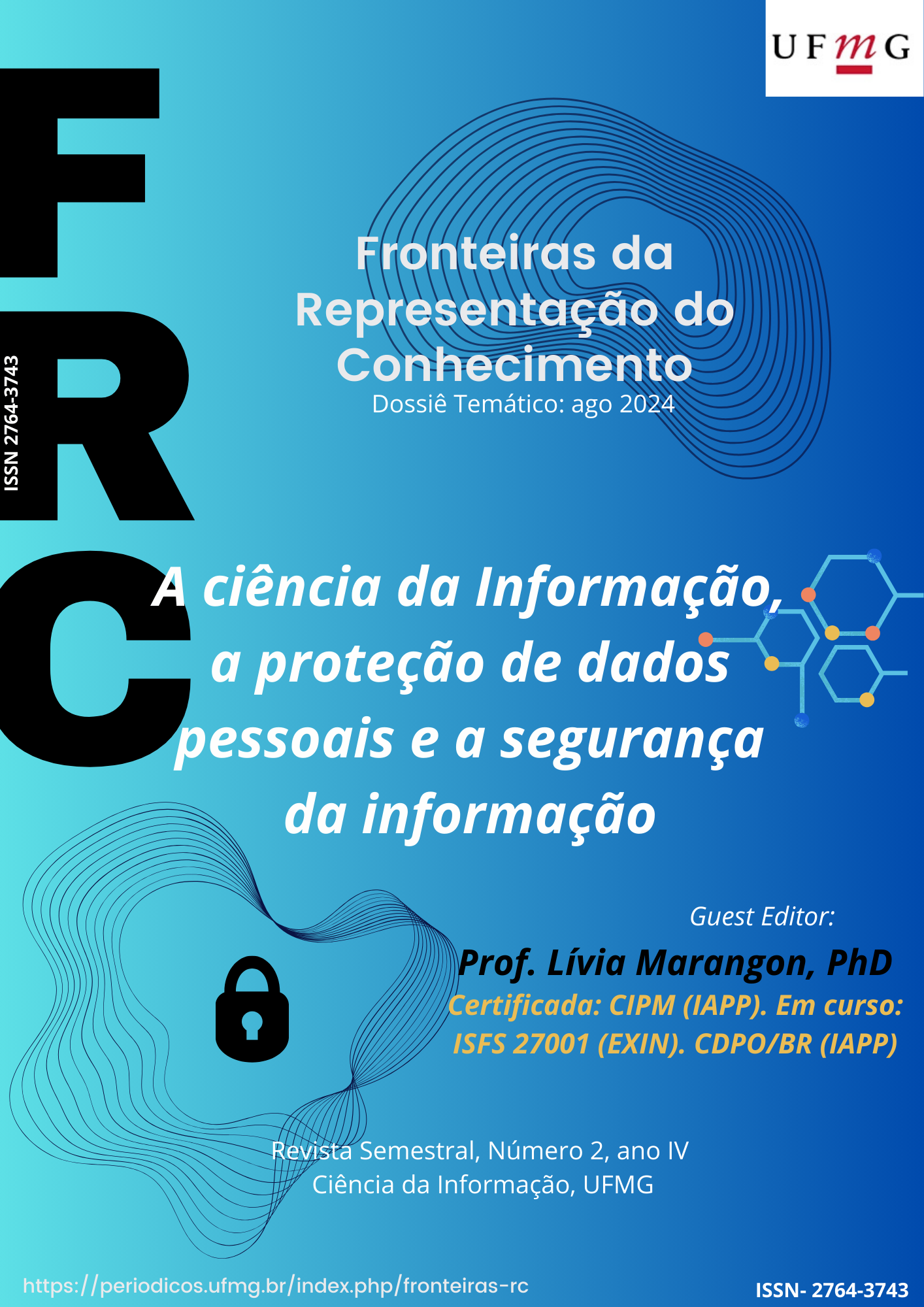Possibilidades e Limites da Anonimização de Dados Pessoais
Main Article Content
Abstract
According to the Brazilian General Data Protection Law ("LGPD"), anonymized data is not considered personal data. When data no longer allows the identification of the data subject, considering the use of reasonable and available technical means at the time of its processing, it is considered anonymized and, therefore, the LGPD does not apply. This reality allows data anonymization to be used as a way to avoid the incidence of the law, making a better understanding of the subject particularly relevant. The objective of this article is to understand the scenarios in which anonymization can be used and the main applicable legal limitations. This article will analyse the legal hypotheses authorizing anonymization, whether anonymization is a data processing activity, whether it can validate an irregular and former processing, and whether, in the face of a data deletion request by the data subject, the controller can simply anonymize them, avoiding deletion. The analysis will be conducted based on the interpretation of legal texts, with support from legal doctrine. In the end, an understanding of the hypotheses in which anonymization can be adopted as a prerogative of the controller is proposed, maintaining harmony with the interests and rights of data subjects.
Article Details
Section

This work is licensed under a Creative Commons Attribution 4.0 International License.
From: https://creativecommons.org/licenses/by/4.0/
You are free to:
- Share — copy and redistribute the material in any medium or format
- Adapt — remix, transform, and build upon the material
- for any purpose, even commercially.
- The licensor cannot revoke these freedoms as long as you follow the license terms.
Under the following terms:
-
Attribution — You must give appropriate credit, provide a link to the license, and indicate if changes were made. You may do so in any reasonable manner, but not in any way that suggests the licensor endorses you or your use.
- No additional restrictions — You may not apply legal terms or technological measures that legally restrict others from doing anything the license permits.
Notices:
- You do not have to comply with the license for elements of the material in the public domain or where your use is permitted by an applicable exception or limitation.
- No warranties are given. The license may not give you all of the permissions necessary for your intended use. For example, other rights such as publicity, privacy, or moral rights may limit how you use the material.


